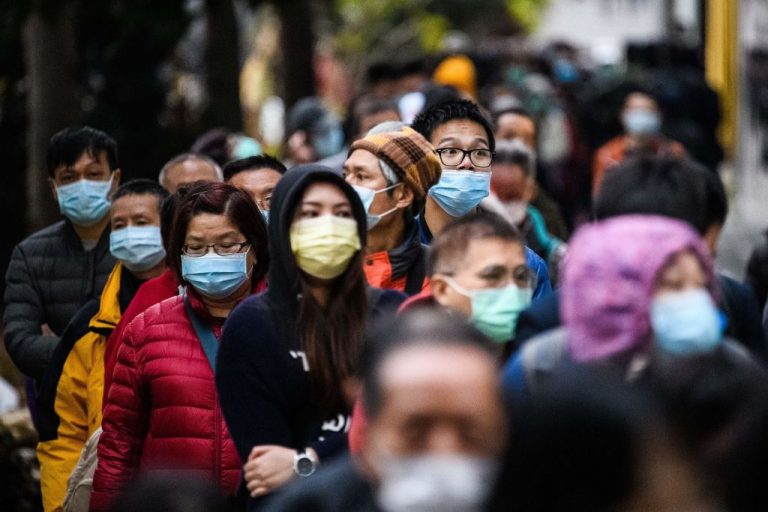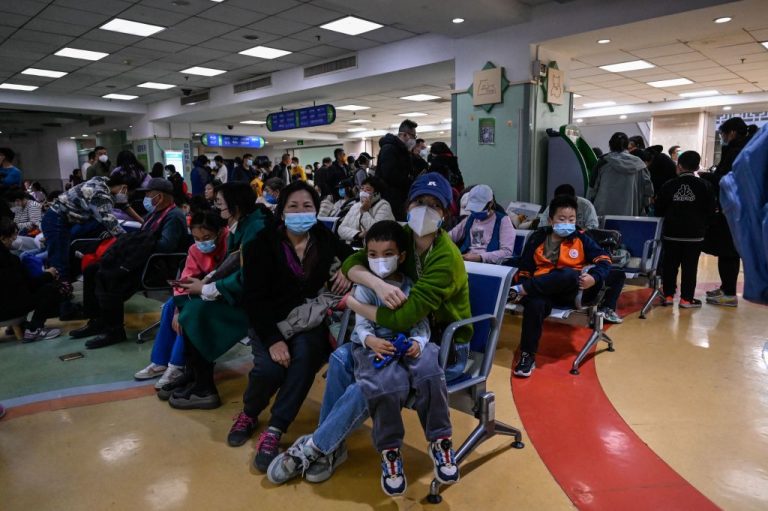According to a Centers for Disease Control and Prevention (CDC) report released on July 30, after several large public events in Barnstable County, Massachusetts, 469 cases of Coronavirus Disease 2019 (COVID-19) were diagnosed among residents who had traveled to the town between July 3 and July 17. 74 percent of the cases were in fully immunized people, with the Delta variant identified in 90 percent of the specimens tested.
Public gatherings included packed indoor and outdoor events at bars, restaurants, guest houses, and rental houses. The reported 14-day average COVID-19 incidence spiked from 0 cases per 100,000 persons per day on July 3 to 177 cases per 100,000 persons per day on July 17.
In total, “274 (79%) vaccinated patients with breakthrough infection were symptomatic,” and 80% of hospitalized COVID-19 patients, or four out of five, were fully vaccinated. 50%, or two out of four vaccinated patients, had underlying medical conditions. The one unvaccinated patient had “multiple underlying medical conditions.” There were no deaths reported.
Most of the cases occurred in males (85 percent), with a median age of 40 years. “Vaccine products received by persons experiencing breakthrough infections were Pfizer-BioNTech (159; 46%), Moderna (131; 38%), and Janssen (56; 16%).”
The most common reported symptoms included coughs, headaches, sore throats, myalgias, and fevers.
Success
You are now signed up for our newsletter
Success
Check your email to complete sign up
The CDC concluded that “The B.1.617.2 (Delta) variant is highly transmissible,” and that “Jurisdictions might consider expanded prevention strategies, including universal masking in indoor public settings, particularly for large public gatherings that include travelers from many areas with differing levels of SARS-CoV-2 transmission.”
Transmission and vaccine efficacy
The findings came on the heels of a July 27 CDC recommendation that “all persons, including those who are fully vaccinated, should wear masks in indoor public settings in areas where COVID-19 transmission is high or substantial.”
“High viral loads suggest an increased risk of transmission and raised concern that, unlike with other variants, vaccinated people infected with Delta can transmit the virus,” CDC Director Dr. Rochelle Walensky stated on July 30, according to a report by The New York Times.
The viral loads indicate that “even fully immunized people can spread the virus as easily as unvaccinated people who become infected,” the article states. In an email to the media outlet, Walensky confirmed, “We believe at individual level they might, which is why we updated our recommendation.”
The new findings challenge previously reported CDC data that 97 percent of hospitalized COVID-19 patients were unvaccinated. CNBC reported in July that the “Pfizer and BioNTech’s Covid-19 vaccine is just 39% effective in Israel where the delta variant is the dominant strain, according to a new report from the country’s Health Ministry,” although the vaccines demonstrated “88% effectiveness against hospitalization and 91% effectiveness against severe illness.”
Similar effectiveness has been seen with ivermectin. In a recently published systematic review and meta-analysis in The American Journal of Therapeutics analyzing 15 trials with 2438 participants, “ivermectin reduced the risk of death by an average of 62% (95% CI 27%–81%) compared with no ivermectin treatment.” Furthermore, in studies of ivermectin prophylaxis, or medication taken for prevention, “among health care workers and COVID-19 contacts probably reduces the risk of COVID-19 infection by an average of 86%.”
In the UK, one of the most vaccinated countries in the world against COVID-19, Public Health England (PHE) released a report in June highlighting the fact that there were higher death and hospitalization rates among vaccinated compared to unvaccinated persons.
In an interview on the CBS News “Face the Nation” broadcast published on Aug. 1, Dr. Anthony Fauci, U.S. National Institute of Allergy and Infectious Diseases (NIAID) director and chief medical advisor to the president, stated, “when you look at the level of virus in the nasopharynx of people who are vaccinated, who get breakthrough infections, it’s really quite high and equivalent to the level of virus in the nasopharynx of unvaccinated people who get infected.”
“So we know now that vaccinated people who get breakthrough infections can spread the virus to other people,” Fauci continued. “But the mean, the– the sort of average or mean level of virus in the nasopharynx is really quite similar, almost identical on an average. So you would think, obviously, when you have biological variability, you’re going to have some people high, some people low, some people in the middle. But the median or mean is going to be right there, which is very similar to the unvaccinated individual, which is troublesome, which tells you the potential for transmission is there,” he said.
According to the U.S. CDC and Food and Drug Administration (FDA)’s Vaccine Adverse Event Reporting System (VAERS) database, which reports adverse events after COVID-19 vaccines predominantly in the U.S., 518,769 reports have been received as of July 23, 2021. There have been 11,940 deaths, 40,991 hospitalizations, 4,110 cases of anaphylaxis, 3,714 cases of Bell’s Palsy, 4,799 heart attacks, 3,201 cases of myocarditis or pericardits, and 1,932 cases of thrombocytopenia or low platelets that can increase risk of bleeding reported.
The mounting evidence of adverse events and reports of transmission and waning immunity after COVID-19 vaccination have made many reconsider the risks and benefits of getting the jab. Alternative prophylactic drugs or treatments such as ivermectin are quickly gaining traction through ongoing medical research and clinical trials.













